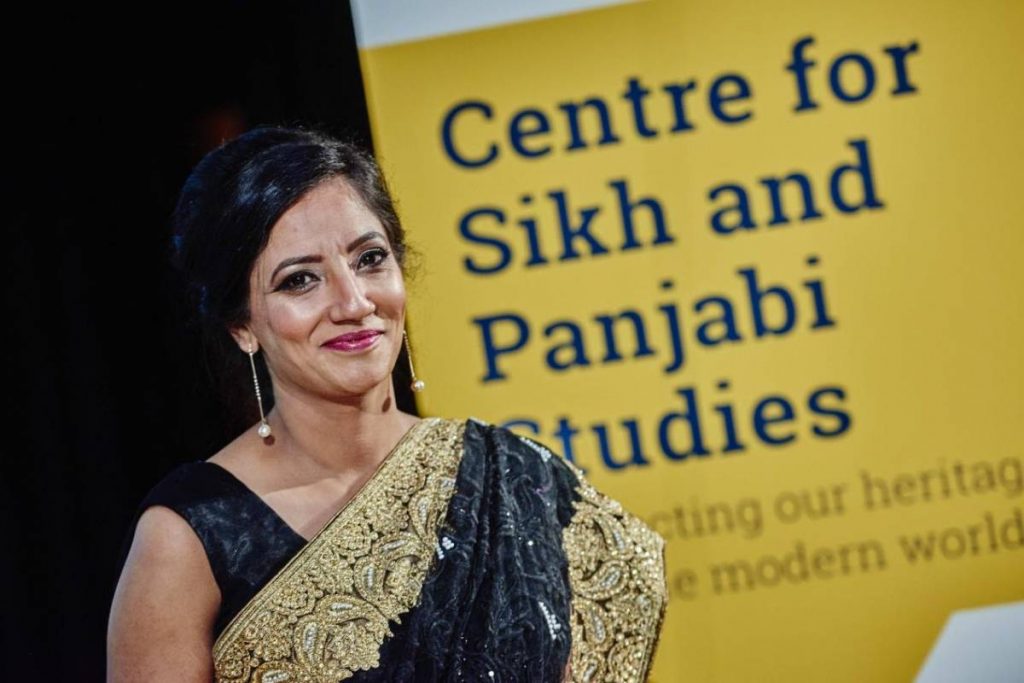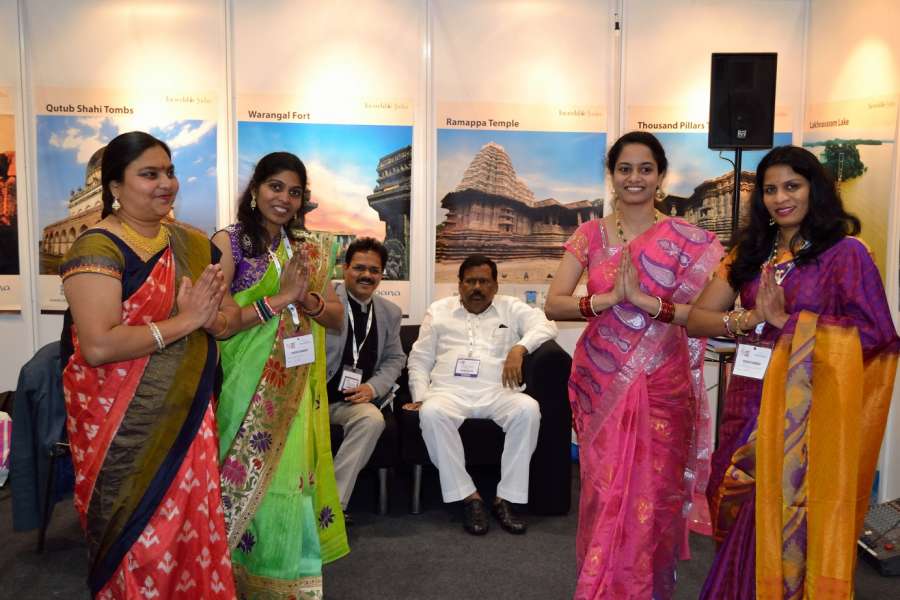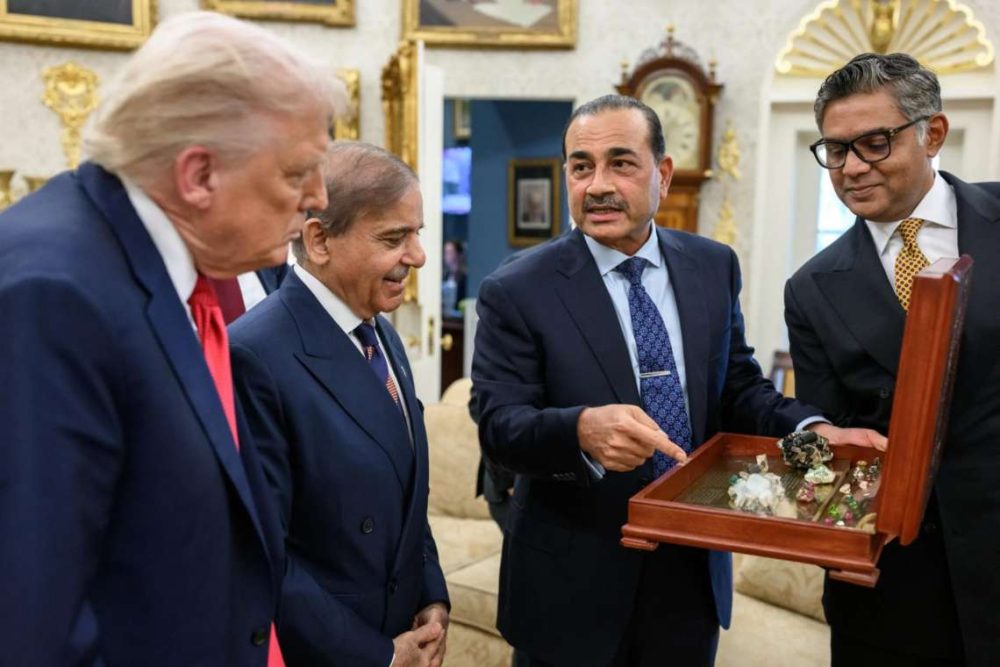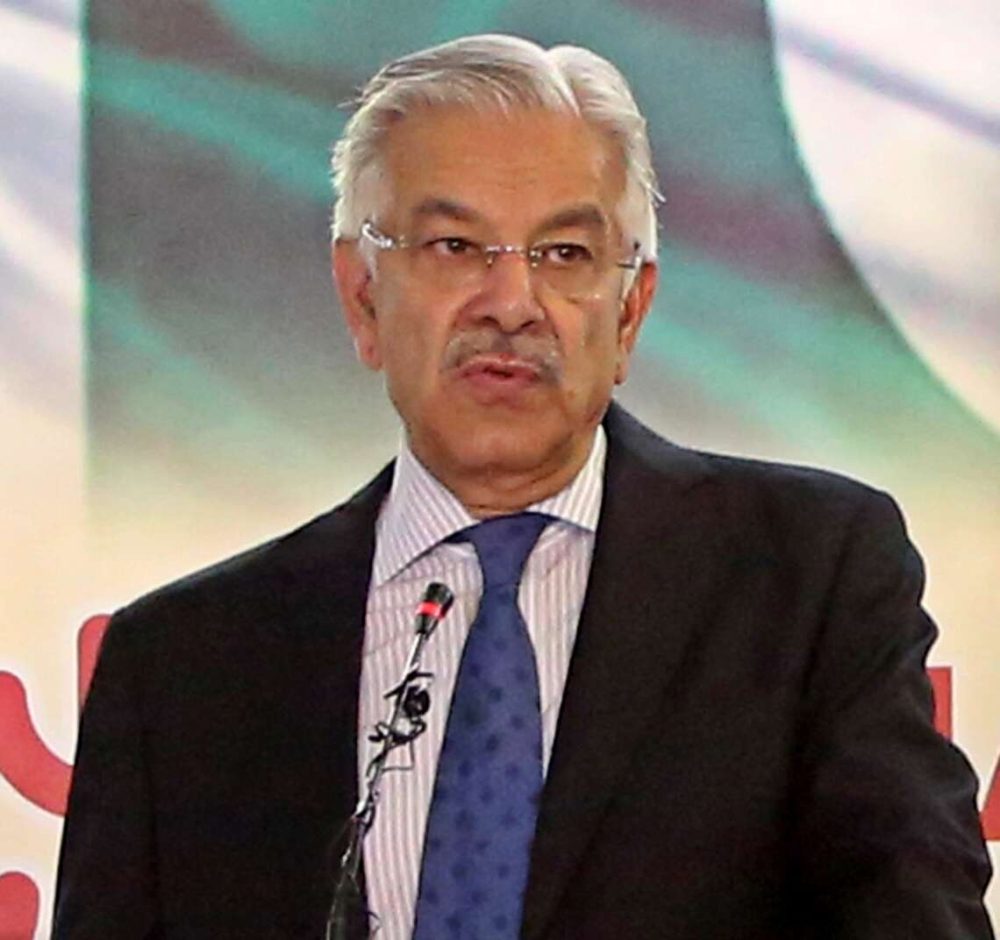DR OPINDERJIT KAUR TAKHAR MBE: “Awareness of organ donation is much needed in the Sikh community. Being based in Wolverhampton, which has the 2nd largest Sikh community outside of London, gives us the ideal location through which to make a real impact through the opportunity to engage with the Sikh community … A special report by Asian Lite International
The University of Wolverhampton has secured almost £10,000 funding to create awareness of organ donation in the Sikh community.

The University’s Centre for Sikh and Panjabi Studies and the School of Art academic researchers, with the guidance of NHS Clinical Teams and Sikh Donor/ Recipient families, will commission artwork/digital media work that promotes Donation and Law Change whilst at the same time debunking ‘myths’. Two to three quality art projects, for example, filmmakers, animators, will be produced following a national competitive call.
The funding has been awarded by the NHS Blood and Transplant’s Community Investment Scheme which is committed to building support for donation amongst Black, Asian, mixed heritage and minority ethnic communities.
The scheme funds community and faith/beliefs organisations to drive awareness, understanding and behaviour change. Now in its third round, the scheme has broadened its scope to cover a range of health inequalities including organ and blood donation.
For many patients in need of a transplant the best match will come from a donor from the same ethnic background. In the UK there are currently estimated to be at least 2,569 people on the waiting list for a kidney transplant and 580 of those are from Black, Asian or minority ethnic backgrounds. Kidney donors and recipients are matched by blood group and tissue type, and people from the same ethnic background are more likely to have matching blood groups and tissue types.
Black, Asian and minority ethnic patients often have to wait significantly longer for a successful match than white patients, due to a shortage of suitably matched donors.
Dr Opinderjit Kaur Takhar MBE, Director of the University’s Centre for Sikh and Panjabi Studies, said: “The Centre for Sikh and Panjabi Studies – the only Centre of its kind in the UK, based at the University of Wolverhampton – has excellent connections with the Sikh community both regionally as well as nationally.
“Awareness of organ donation is much needed in the Sikh community. Being based in Wolverhampton, which has the 2nd largest Sikh community outside of London, gives us the ideal location through which to make a real impact through the opportunity to engage with the Sikh community.

“Having the expertise in understanding Sikh teachings, beliefs and ethics, we will use these to highlight how the Sikh faith supports organ donation in an effort to overcome incorrect notions of organ donation being contradictory to Sikh beliefs.”
Altaf Kazi, Head of Faith and Belief Engagement at NHS Blood and Transplant, said: “Through the Community Investment Scheme we have seen first-hand the abilities of trusted individuals and community groups to prompt conversation, tackle misinformation, educate and offer reassurance around organ donation and now blood donation. Often a person’s best donor match will share their ethnicity, but too many donation opportunities are missed because families haven’t discussed organ donation.
“We are asking more people from Black and Asian communities to find out about both blood and organ donation and help us to address the inequalities that many members of these communities may face. By giving your support you can help save lives.”
Maggie Ayliffe, Head of the Wolverhampton School of Art, said: “We are delighted to be recipients of NHS Blood & Transplant, Community Investment Scheme funding. We are an organisation which is deeply embedded in the local area and we have strong grassroot links to the community which we hope to engage throughout this project.
“This will be an important community-based art project. Our students and staff have worked on a number of projects that aim to raise awareness of organ donation in the past and we are very much looking forward to working with the Sikh community in Wolverhampton and creating some new artwork that will start conversations and create interest around the social benefits/gift of organ donation.”
Since its launch in 2018, the Community Investment Scheme has supported 43 organisations to deliver 50 community-led projects. With around 4,000 people engaging in conversation or taking away a leaflet or information on the importance of organ donation and 8,000 attended a talk or workshop.
For more information about the Community Investment Scheme please visit https://www.nhsbt.nhs.uk/cis/ or contact: community.funding@nhsbt.nhs.uk
The Community Investment Scheme is part of a Government-funded campaign led by NHS Blood and Transplant with support from the National BAME Transplant Alliance (NBTA) to address the urgent need for Black, Asian and minority ethnic donors.
READ MORE: Rise in eating disorder symptoms during lockdowns
READ MORE: BAME Councillors Join Covid Campaign









